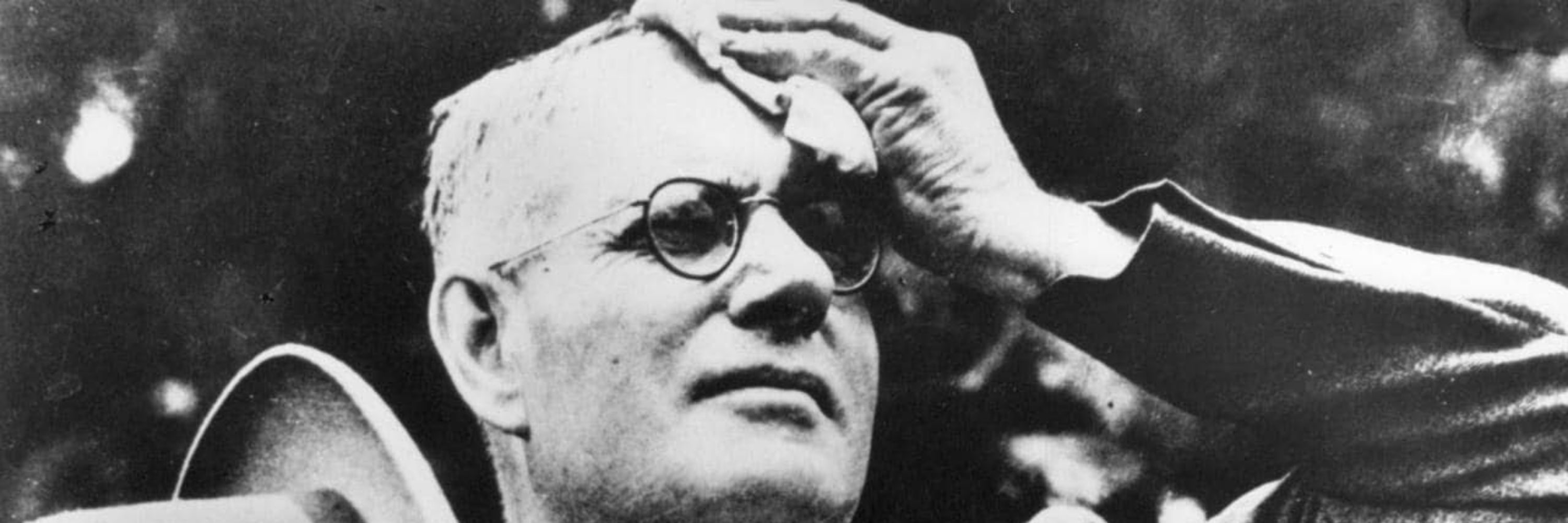
https://www.youtube.com/channel/UC0IYcHFiYVp5QjQzoD-QDRQ
#auspol #alboPM

#auspol #alboPM

🟥 ALP: 36%
🟦 L/NP: 24%
🟧 PHON: 15%
🟩 GRN: 13%
⬛️ OTH: 12%
Two-party-preferred
🟥 ALP: 58%
🟦 L/NP: 42%

only 6 more days to go 🥰




only 6 more days to go 🥰

But do you know who will? The very rich and very powerful MEU Who represent workers in that industry.
Not that Zali will be a fan of unions.
“Australia does not have a gas shortage problem. We have lots of gas.”
Says moving toward electrification is better tor ppl’s “health & their wallets.” #HouseOfReps
But do you know who will? The very rich and very powerful MEU Who represent workers in that industry.
Not that Zali will be a fan of unions.

Onya, Dan👍

My piece on the responses to the UK Covid-UK Inquiry report that try to airbrush the dead away.
Sincere thanks, @theobserveruk.bsky.social.
observer.co.uk/news/nationa...

My piece on the responses to the UK Covid-UK Inquiry report that try to airbrush the dead away.
Sincere thanks, @theobserveruk.bsky.social.
observer.co.uk/news/nationa...
www.theguardian.com/commentisfre...







